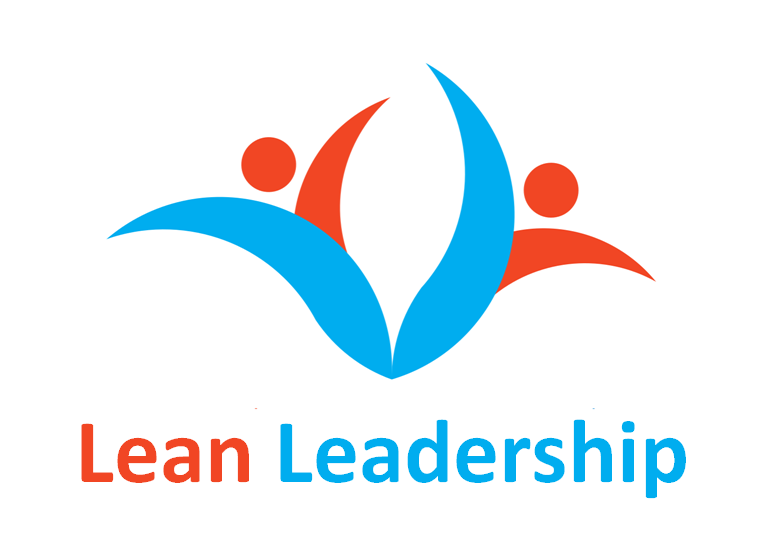Get Continuous Improvement in your DNA!
If you struggle with your lean, six sigma or continuous improvement efforts to:
- make improvements stick
- get momentum
- get meaningful results
then this masterclass has something special to offer to you.
Participant Benefits
During this masterclass participants will:
- get a framework of our approach that links to the Lean history that many are already familiar with.
- see the gap between their current organisations culture and the targeted continuous improvement culture.
- understand the logic behind the targeted continuous improvement culture as it is rooted in soft eastern philosophy and hard western science.
- understand the changes that they as individuals and collectively need to start making.
The principles we will teach have quite universal application since the common denominator in most change initiatives is the participation of people.
Great! It was an eye opener for me.
Understanding people is crucial to initiate and maintain continuous improvement. In this masterclass you learn to understand the importance of your own attitude and behaviour towards your employees.
Paul Groeneweg
Teamleader Production & Logistics, Discom BV
Rotterdam Area, Netherlands
Who should attend?
Anyone having a gut feeling they need to address culture to make their visions come true:
- C-suite people (CEO, COO, CTO, CFO, HRD)
- Senior leadership team members and managers
- Improvement professionals (Agile, Lean, Six Sigma, Opex, Dev-ops)
- Change agents
- …
Introduction
We have been struggling ourselves and have almost two decades wondered why. By being observant, reflective and willing to learn and experiment we have found answers to many questions that we will share with you.
Purpose
For us, Lean is intended to replicate Toyota’s success in other organisations and industries. So far this has had marginal success. After 30 years Toyota is still the main example. We want to change that! We want to create 1000 stories similar to Toyota’s and hope your organisation will be one of them.
Back to basics
To achieve that we have to go back to basics. What is at the root of Toyota’s success? We can tell you with confidence now: it is not the current lean practices. Actually, current practices hinder replication of Toyota’s success.
We need to totally rethink our approach if we want a culture of continuous improvement in our organisations and achieve extraordinary outcomes.
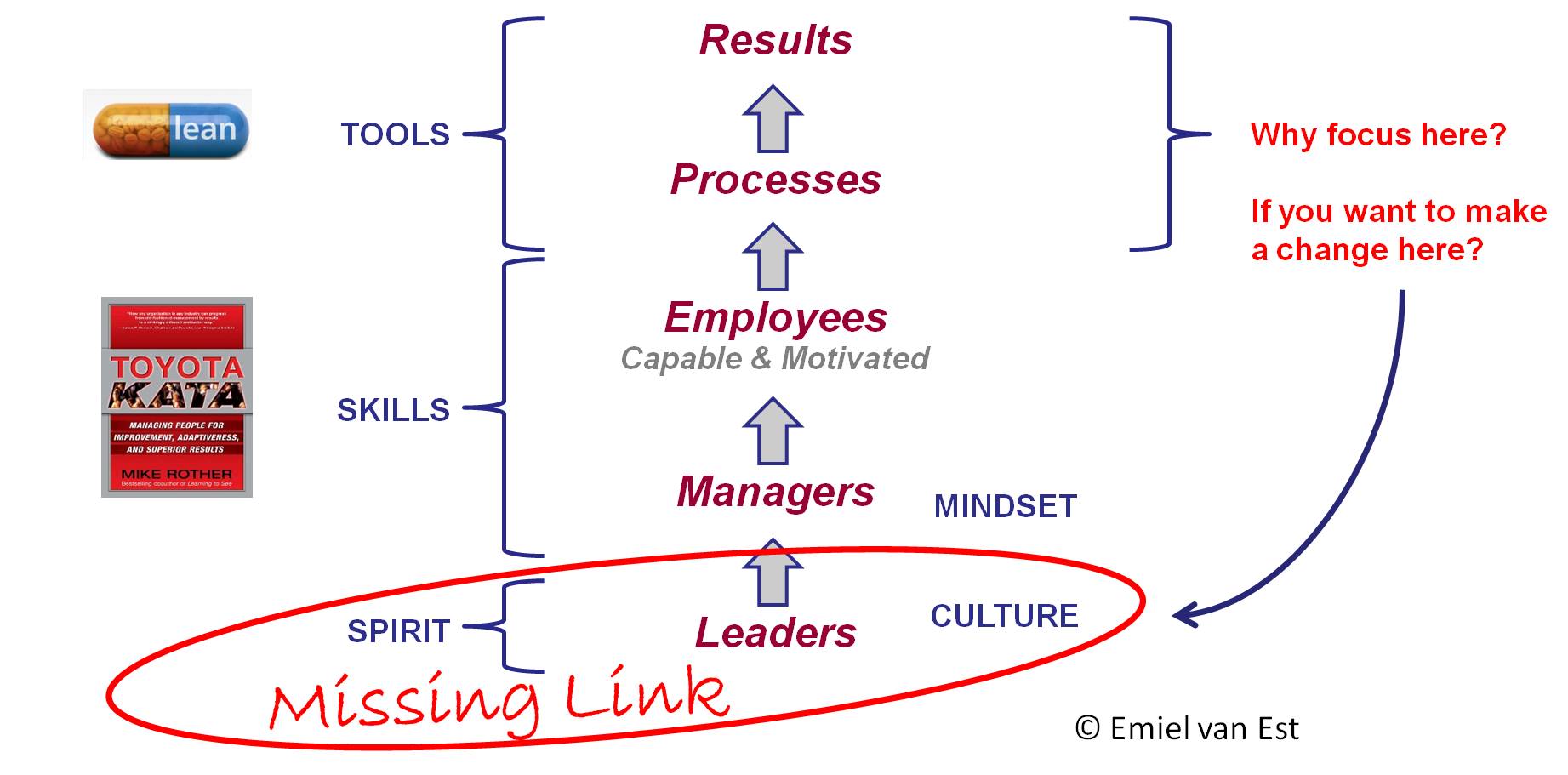
If you have a real desire to understand and implement Lean you should talk to David and Emiel.
Even if I did not give this masterclass a 10, I gave it a 9, I am sure that when I have processed everything I will upgrade the score.
Lars Kruuse, MSC, PMP, CSM, SPC4
Management Consultant at Consultus
Malmo, Sweden
Learn from Toyota
Toyota has been studied for decades. Yet, there are still a few core concepts that very few came to understand. We will use material made by Toyota themselves to show you these roots. We will show you how to deploy these core principles throughout your organisation with our self-developed material based on Mike Rothers Toyota Kata work. And we will show you why Toyota’s roots and these deployment tools are so effective.
 To give you a peek behind the curtain: Toyota”s core practices are very appealing to our brain and mind. They are rooted in a deep understanding of what it means to be human: our ability to think and feel. Toyota is respecting this humanity in the way they create an environment and culture for humans to thrive in.
To give you a peek behind the curtain: Toyota”s core practices are very appealing to our brain and mind. They are rooted in a deep understanding of what it means to be human: our ability to think and feel. Toyota is respecting this humanity in the way they create an environment and culture for humans to thrive in.
Before we build cars,
We build people
You can do the same if you understand these core principles and practices and why they are effective. We will explain this to you with hard westerns science and soft eastern philosophy. More and more neuroscience and psychology research confirms what eastern cultures have known for centuries.
Toyota’s success is not Japanese or eastern in nature, it is rooted in human nature. That means it can be replicated everywhere, wherever humans work to achieve something together.
Changing culture can be quick
You may think it will take many years to move the needle in this direction. We have found proof that it can actually be done quite quickly. With the right approach extraordinary results can be achieved in a few quarters instead of many years.
Not that you will be done quickly.
Continuous Improvement is…
Well, eternal.
Change can come remarkable quickly though and be very motivating to continue.
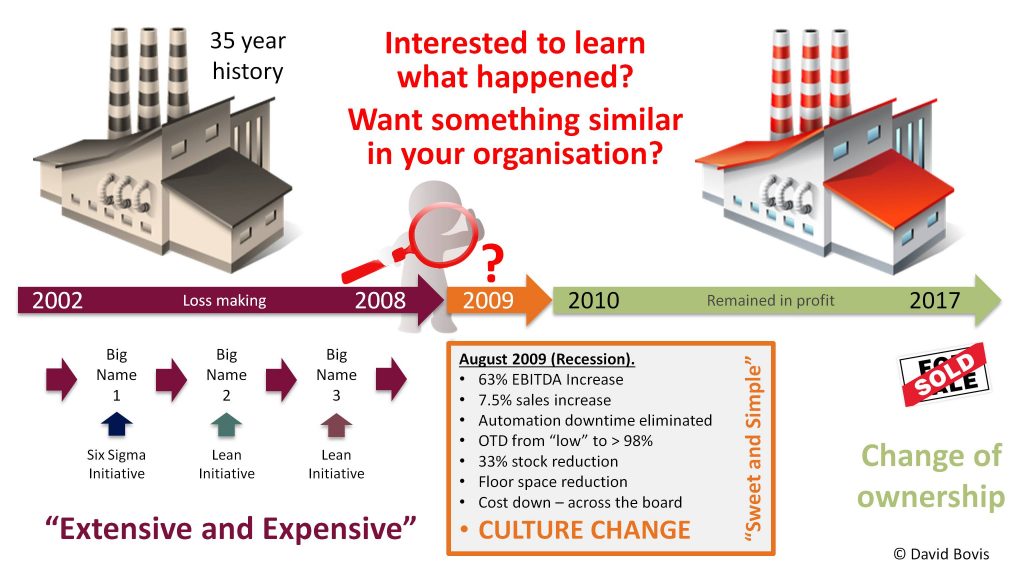
Course overview (subject to improvement)
Day one
- Why do we need to change our focus to culture and leadership?
- What is culture?
- Why do individuals do what they do?
- What is a target condition for a culture of continuous improvement?
Day one will have an evening program and will be concluded with a shared dinner.
Day two
- How does a culture of continuous improvement help individuals flourish?
- What are the gaps with your current culture?
- How can hoshin kanri (policy deployment) help bridge these culture gaps?
- What are the first steps that you can take?
- Wrap up, evaluations and feedback
This is not mainstream, this is next level!
It challenges you to keep an open mind and the courage to dig deep.Jack Elwuar
Lean Consultant at Woonstede
Ede, The Netherlands
Practicalities
Dates & Locations
The following date and location is planned:
- June 3rd & 4th 2019, Apeldoorn, NL
Castle Spelderholt Apeldoorn
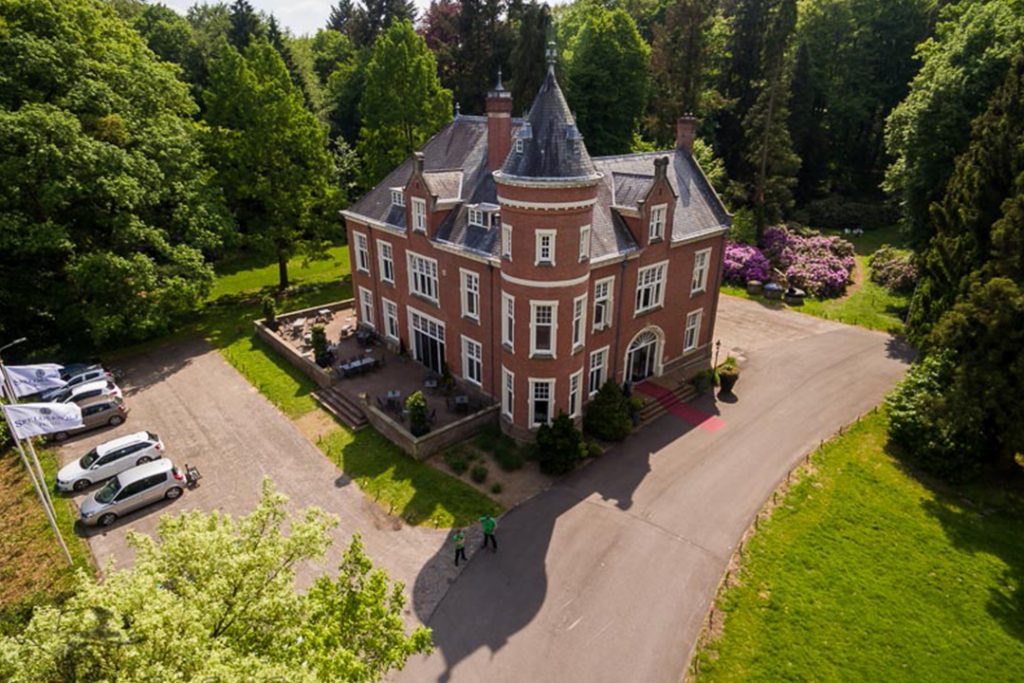
Castle Spelderholt, a wonderful place near Apeldoorn.
Rooms available in the park hotel from € 75,00 for a standard room, including breakfast. City tax is € 2,24 per person per night.
Apeldoorn is about 1:10 train ride from Schiphol Airport. From there it is 14 minutes drive by taxi. Alternatively you can take 17 minutes drive by bus and a 1.5 km walk.
Pricing
The price for this masterclass is €1500,00 per person excluding VAT. Fee includes the costs of the venue; lunch; refreshments and dinner on the first day.
Additional costs would be your travel costs, consumptions after dinner and an overnight stay.
If you want this masterclass for your management team please contact us to discuss details.
Partners
We are open to partner with other organisations that want to host this masterclass. Please contact us to discuss details.
Registration
Just send an email to Emiel . Please provide us with the contact details of the participants and the required invoice details so we can send you an invoice. Please note that our invoices need to be paid within 14 days and prior to the event.
Cancellation Policy
Enrollment fee less a €100 non-refundable registration charge will be refunded up to two weeks before the event. Substitutions may be made any time prior to the start of the masterclass.
This masterclass may be cancelled by the organizer for any reason. We are not responsible for incidental costs incurred by registrants. Purchasing refundable airline tickets is recommended.
Your guides
David Bovis
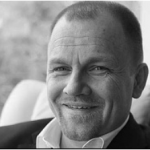
David Bovis has fulfilled various roles to director level in engineering & manufacturing companies. David has been deploying change to organisations across Europe since 1994, from shop-floor to boardroom.
For almost two decades he has studied topics like Eastern and Western manufacturing history and philosophy, psychology and neuroscience to better understand and maximise the success and sustainability of organisational development and performance improvement programmes. These studies combined with his extensive experience led to the development of unique and practical models.
As an apprenticed injection mould-maker, David was educated in TQM/World Class Manufacturing (Lean) techniques in the late 80’s / early 90’s, subsequently leading many change initiatives in respect to strategy, structure, systems, tools and techniques.
Emiel van Est

In 1997 Emiel van Est started improving and designing processes for Hewlett Packard and has since then helped a diverse group of clients in many different industries with their Lean efforts.
He also introduced Lean to many people by engaging them in different simulations. Emiel was involved in the development of simulation material that Scania uses worldwide and also taught many classes for Scania. He is very much an autodidact, always using his curiosity and experiences to learn more and do better.
Since 2010 Emiel has concentrated his learning, teaching and practice on the deployment of “Toyota Kata” as described in the book of the same name by author Mike Rother. In 2013 he used the Toyota Kata framework to create an elegant and simple way to deploy strategy (hoshin kanri).
Prior to consulting, Emiel was engineering special equipment to make new production processes feasible. Emiel holds a bachelor’s degree in Aeronautical Engineering.
